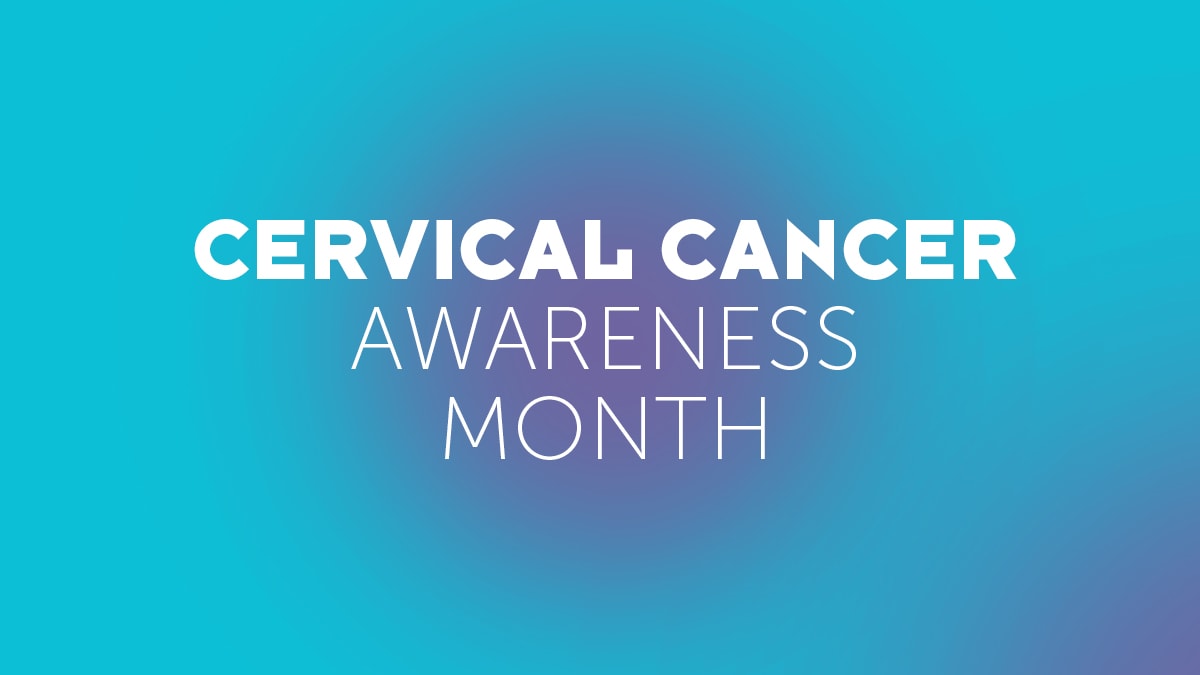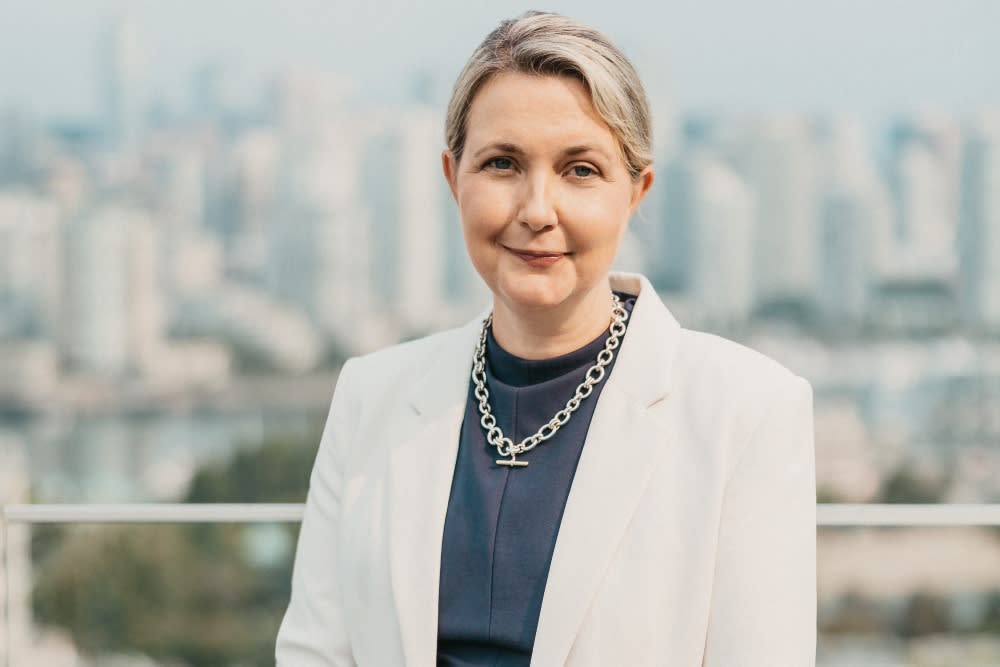My name is Karen Gelmon and I am a medical oncologist. As a medical oncologist at the BC Cancer Agency, I see patients with breast cancer, Kaposi’s sarcoma and persons with any type of cancer who are interested in participating in Phase I clinical trials of new experimental drugs.
I first came to the BC Cancer Agency’s Vancouver Centre as a resident training in internal medicine, and later returned to train in medical oncology. The first weekend I was on call as a medical resident I worked with a former Head of Medical Oncology, Dr. Jim Goldie, who is a phenomenally creative thinker. He showed me a mathematical model he had developed with Dr. Andy Coldman predicting how cancers would respond to chemotherapy. He also showed me the work he was doing to try and understand why tumours are resistant to treatment.
And only a few weeks ago, I sat at an international meeting in Stockholm listening to speakers discuss tumour resistance with theories that conform to the publication 25 years ago by Vancouver researchers. And although some basics remain, the survival of patients has improved significantly for many types of cancer since I began practicing.
We continue to face some of the same barriers to improving therapy, and there are still cancers that do not respond to treatments. We now have powerful technologies that can help us solve some of the problems we face. The theories may be similar, but our ability to study cancer cells has changed remarkably.
One of my research areas looks at improving cancer outcomes by developing new treatments and understanding which tumours respond to treatment and which are resistant. In B.C., we are fortunate to have a comprehensive cancer system that is linked to research, where we have clinicians interacting with researchers and where our common goal is to improve the care and outlook for patients with cancer or predisposed to cancer. But we are only scratching the surface of what we could do.
Sincerely,
Karen


